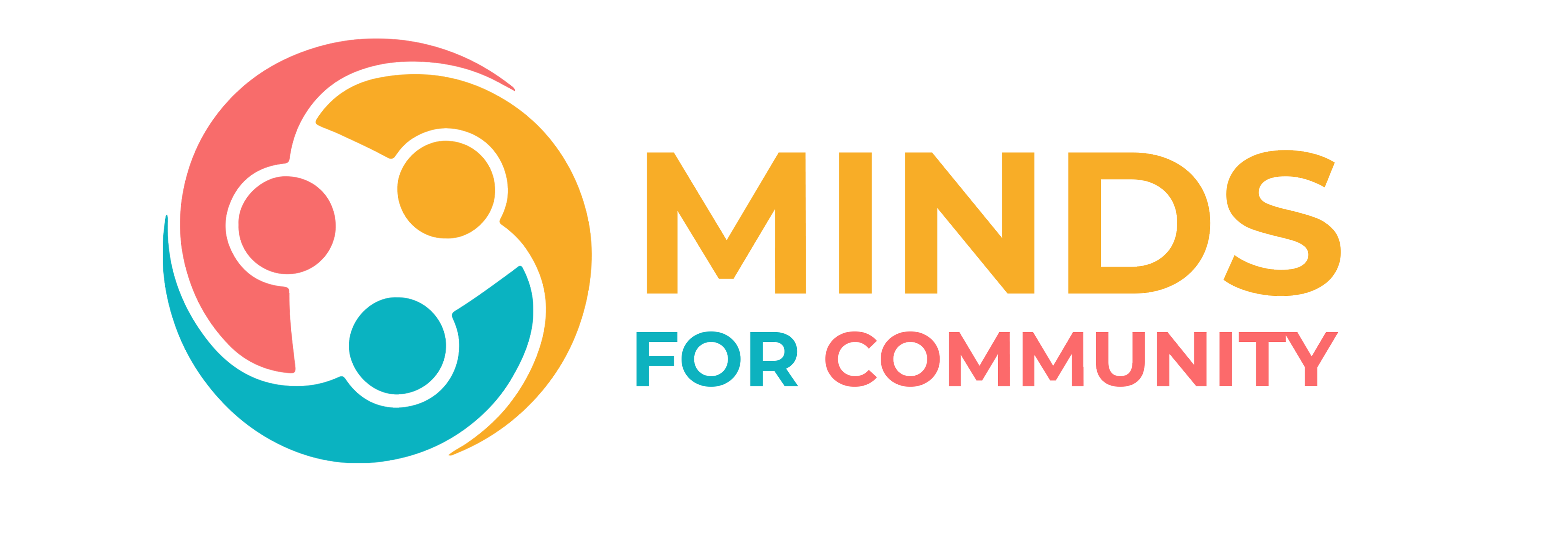Down syndrome, also known as trisomy 21 or trisomy G, is a genetic disorder caused by the presence of a third copy of chromosome 21 or part of it. It is usually associated with delays in physical development, mild to moderate intellectual disability, and distinctive facial features.
The average IQ for a young adult with Down syndrome is 50, which is equivalent to the mental ability of an eight or nine-year-old, but this can vary greatly.
You can find many of the characteristics of Down Syndrome in normal people, such as a small chin, large tongue, round face, etc. Children with Down syndrome are more likely to suffer from several diseases, such as thyroid disease, esophageal reflux disease, and ear infections.
Early intervention from childhood, early detection of the most common diseases, medical treatment, provision of a cooperative family atmosphere, and vocational training are recommended in order to contribute to the development of the overall growth of the child with Down Syndrome.
Although some of the genetic problems that limit the abilities of a child with Down syndrome will not change, appropriate education and care may improve the quality of life.






